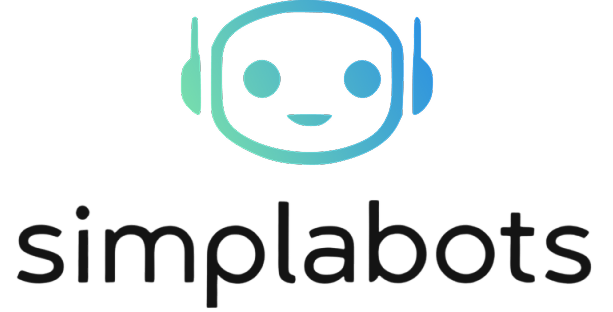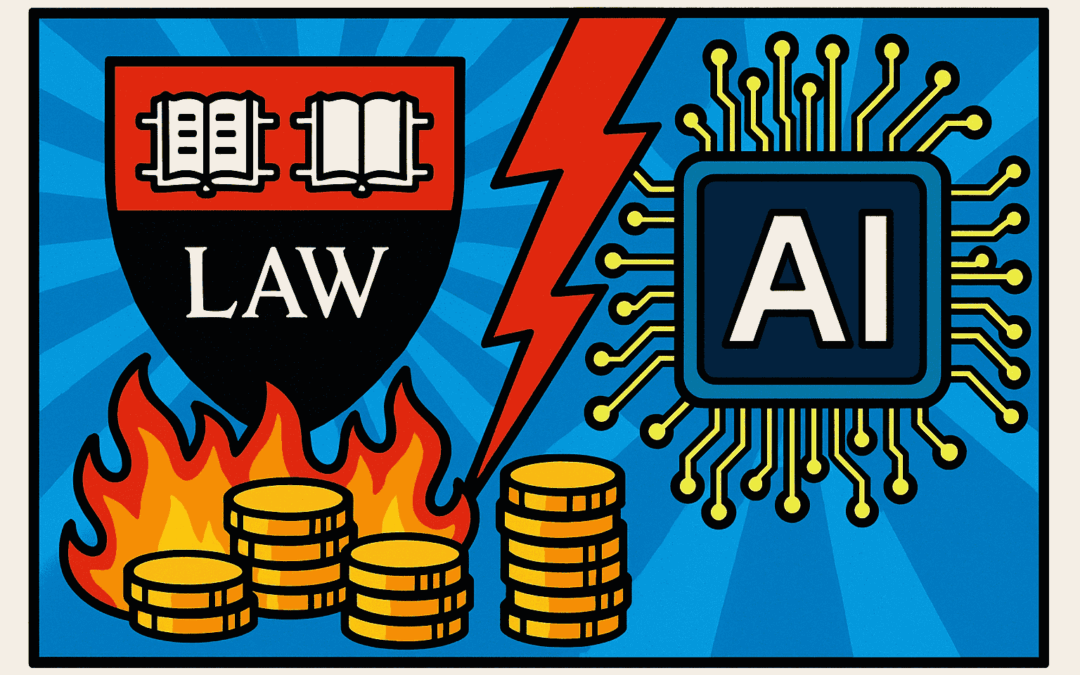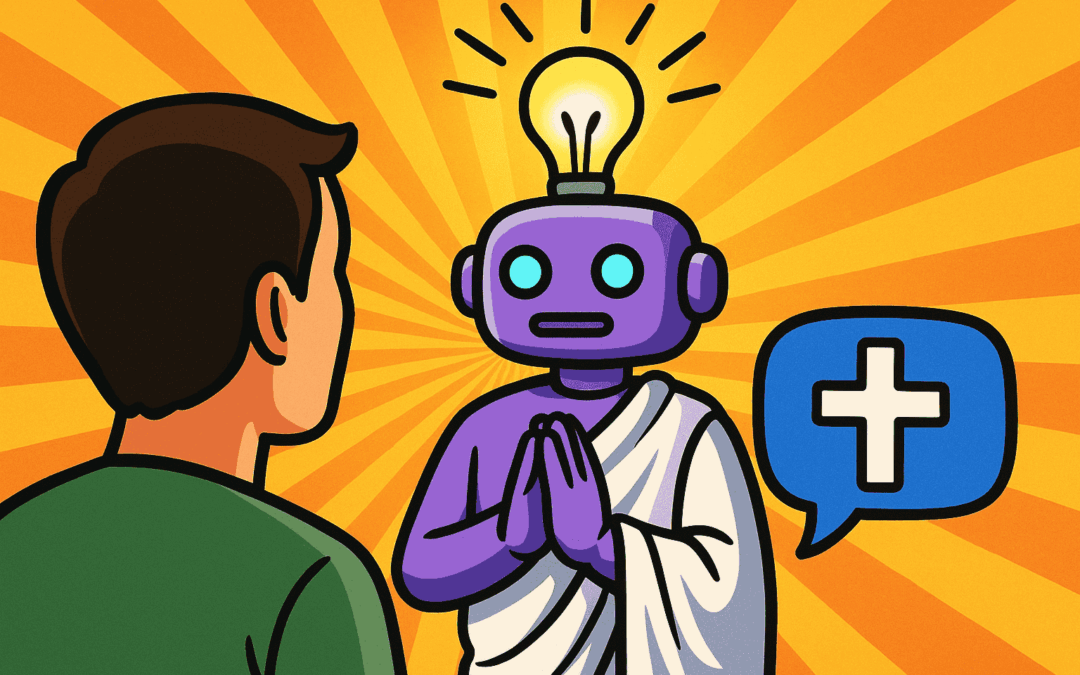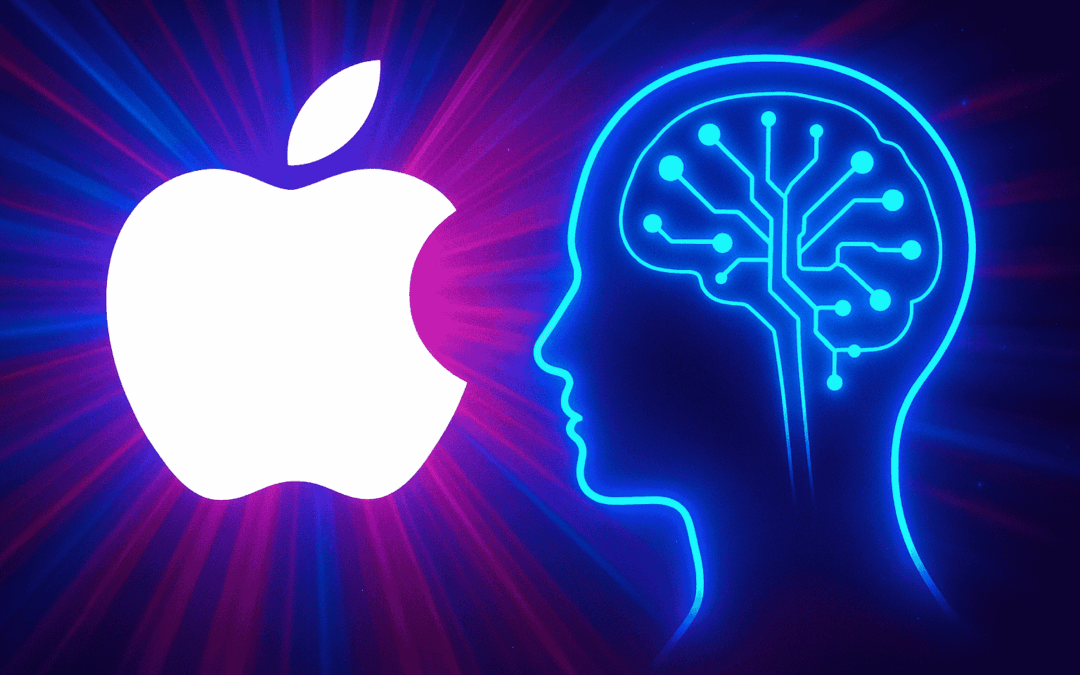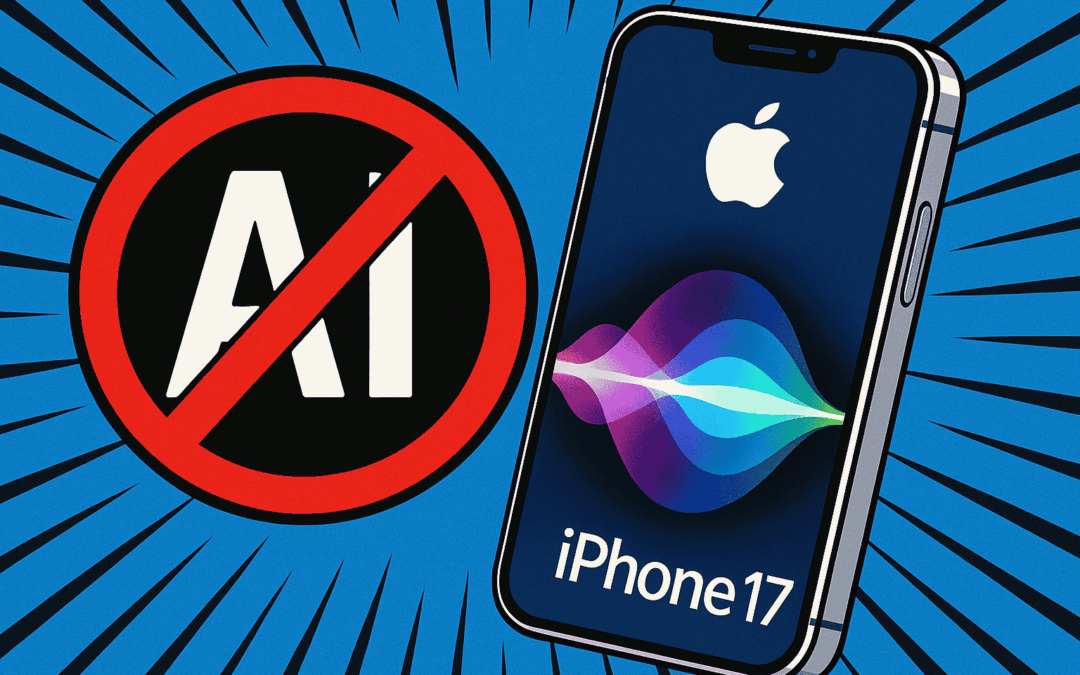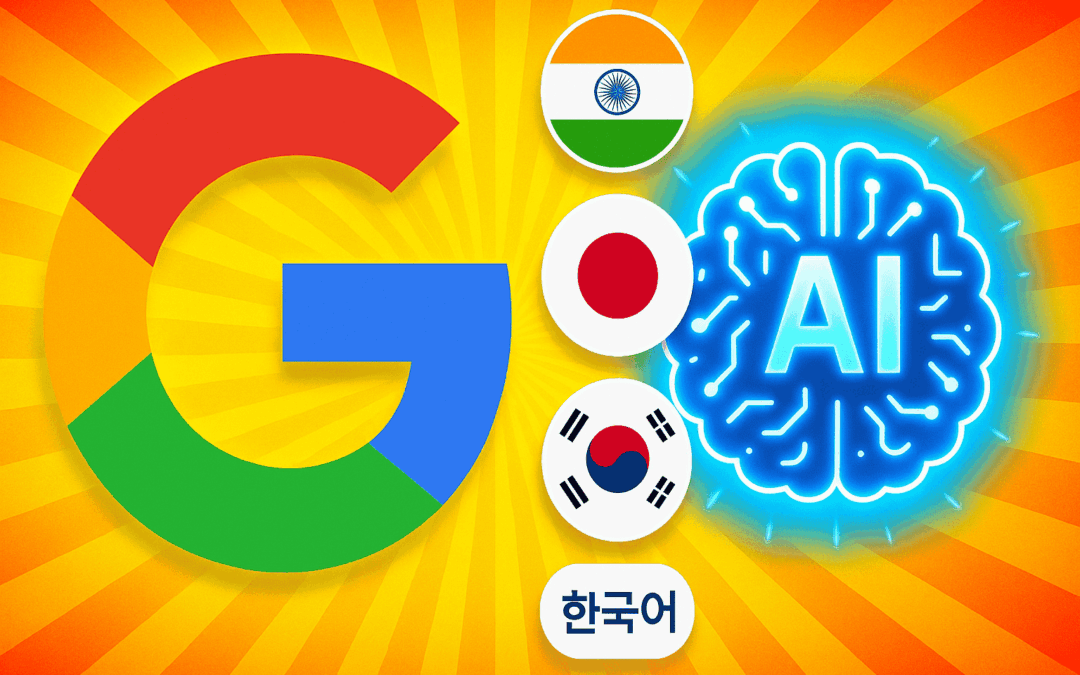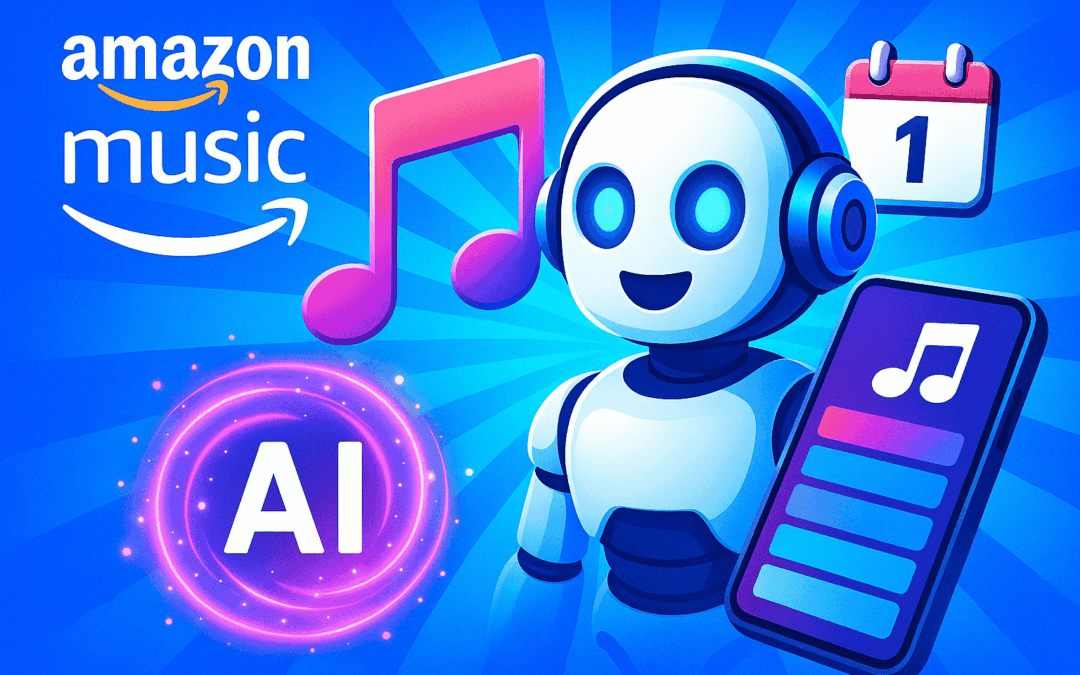AI-powered chatbots are fast becoming unexpected companions in spiritual conversations, as users explore digital avenues for guidance and emotional support.
Advances in large language models (LLMs) and generative AI drive this trend, democratizing access to tailored spiritual dialogues and raising new ethical and practical questions for developers, startups, and AI professionals.
Key Takeaways
- Users increasingly seek spiritual advice from conversational AI tools and chatbots.
- Generative AI enables highly personalized spiritual experiences but raises ethical concerns.
- Developers must prioritize transparency, safety, and alignment with faith-based values.
- Startups see both opportunity and risk in building AI tools for religious and spiritual support.
- The growth of AI spiritual advisors signals larger shifts in how people interact with technology and faith.
AI Chatbots Now Serve as Spiritual Advisors
Generative AI chatbots have progressed far beyond productivity and customer service. According to reports from TechCrunch, users increasingly turn to AI, not just for meditation or mindfulness prompts, but for interactive guidance spanning prayer, philosophical reflection, and existential questions.
AI chatbots now fill spiritual and emotional roles once reserved for clergy and community leaders, offering 24/7 access and non-judgmental conversation.
From apps like Text with Jesus to faith-agnostic LLM-powered chatbots designed for open questioning, the trend brings both accessibility and controversy.
Reuters, The Wall Street Journal, and Wired confirm a surge in AI-driven spiritual tools across communities. Some employ GPT-like LLMs fine-tuned on religious texts and teachings, while others use general models adapted for context.
Implications for Developers and Startups
The rapid adoption of spiritual chatbots creates a double-edged sword for technical innovators:
- Responsible AI: Developers must confront deceptive “hallucinations” or the risk of AI making inappropriate or harmful suggestions, especially in sensitive spiritual conversations.
- Ethical Alignment: Faith-based organizations may demand rigorous value alignment and explicit disclaimers on chatbot limits, pressing developers to tune LLMs responsibly and transparently.
- Regulatory Scrutiny: With generative AI counseling users on personal beliefs, the prospect of future regulation looms, impacting how AI professionals design, document, and deploy their models.
Startups pursuing AI spiritual companions face unique challenges: building trust, ensuring theological accuracy, and clearly delineating boundaries between artificial guidance and genuine pastoral care.
What This Means for AI Professionals
For AI professionals, the rise of spiritual chatbots signals new domains for real-world AI application, user experience design, and risk management. AI must skillfully balance personalization with ethical guardrails, especially in matters of faith.
Collaboration with theologians, ethicists, and diverse user groups is essential as platforms blend emotional support with the computational power of sophisticated LLMs.
The explosive growth of AI in spiritual spheres reflects broader shifts in how society relates to technology, trust, and identity. Developers and startups working in this space are shaping not only technical paradigms, but the very nature of digital-age spiritual engagement.
Source: TechCrunch
